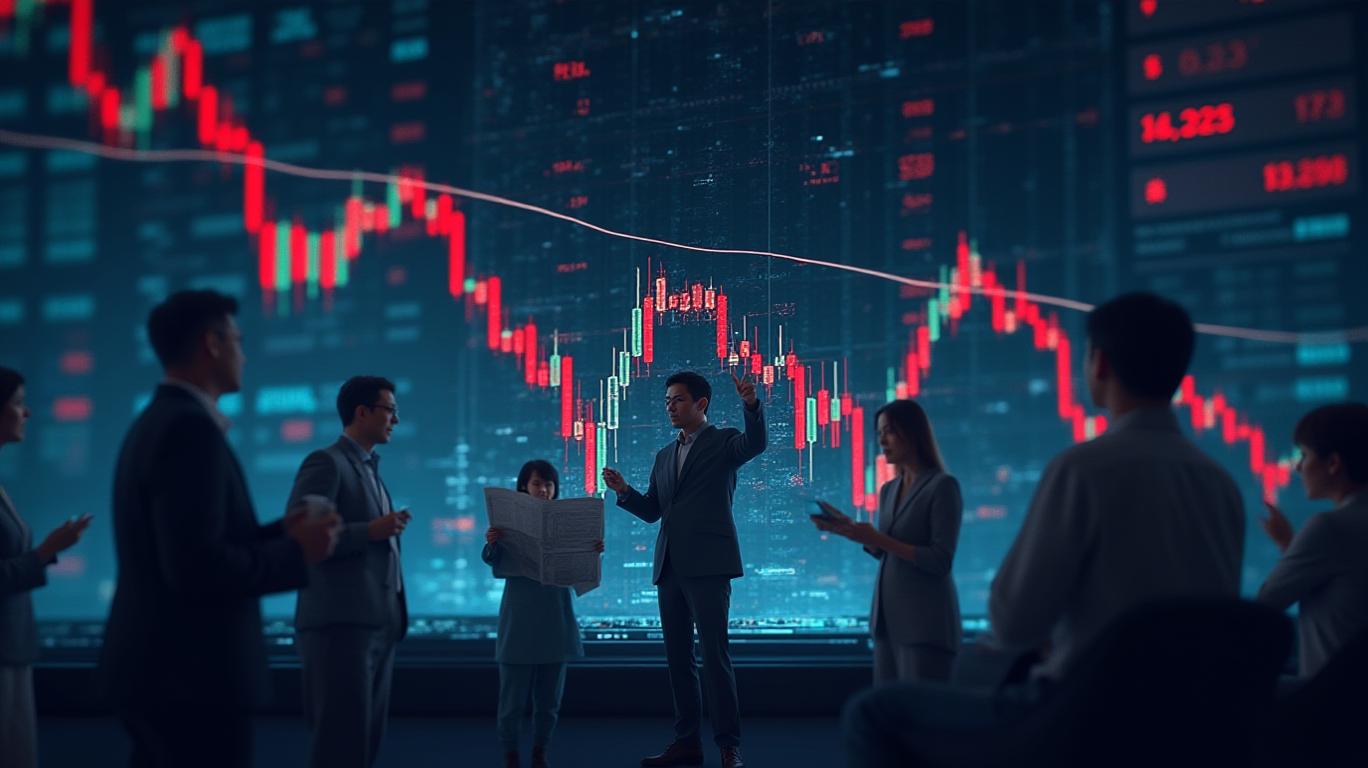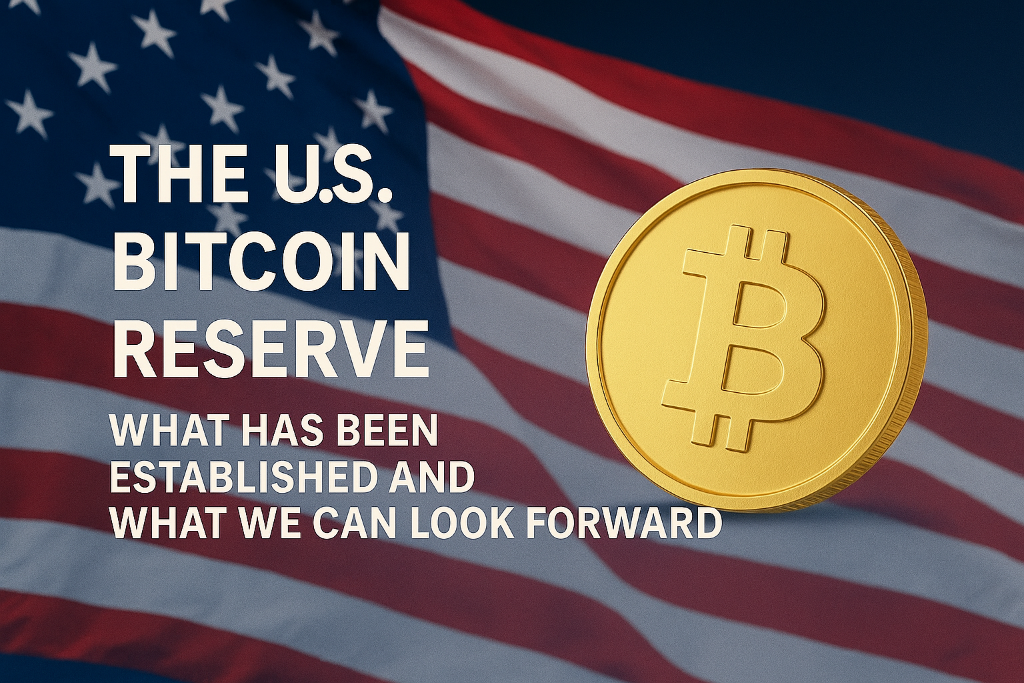As we navigate through 2025, a sense of unease looms over many aspects of life. Economic uncertainty, geopolitical conflicts, the rapid advancement of AI and automation, and ongoing health concerns have left people questioning what the future holds. Although these challenges are real, they also present opportunities for innovation, resilience, and positive change. By understanding the factors contributing to uncertainty, we can better position ourselves to embrace a brighter future.
Economic Uncertainty: A Shifting Landscape
The global economy in 2025 continues to face turbulence, with rising inflation, rapidly fluctuating markets, dominating headlines. The recent political changes, and effects of past economic downturns and shifting trade policies have left many households and businesses on edge. However, while uncertainty persists, there are signs of resilience and adaptation. A new market trend is on the horizon, or at least it seems so.
New industries and job opportunities are emerging, driven by technological innovation and market changes. Evolving job markets are producing the jobs of the future, and disruption of the status quo is more real than ever. Moreover, financial institutions are leveraging AI to create smarter, more accessible information, and utility leading to a more equipt workforce for tomorrow’s economy.
History has shown that economic shifts, while challenging, often pave the way for new growth and stability. By embracing adaptability and seeking out emerging opportunities, individuals and businesses can weather the storm and even thrive in this evolving landscape. The tools are at our fingertips. We play victim or problem solve, the choice is ours and ours alone.

Geopolitical Conflicts: Striving for Stability
Geopolitical tensions remain a major source of global unease in 2025. Conflicts between nations, economic sanctions, and shifting alliances create an unpredictable international landscape. Tariffs, AI, Quantum computing, and economic uncertainty lead the charge, the hope is that international cooperation, and stability can emerge stronger instead of diving into crisis.
Despite ongoing struggles, there are success stories of nations finding common ground on trade, and political differences . These collaborations highlight the potential for progress when global leaders prioritize diplomacy over division. With continued efforts, the path to a more stable world remains within reach or so we hope.
AI & Automation: A Future of Opportunity
The rapid growth of artificial intelligence and automation has fueled both excitement and panic. AI is revolutionizing industries, concerns about job displacement and ethical dilemmas persist. However, rather than being a threat, AI has the potential to be a transformative force for innovation and transforming our day to day lives.
Many organizations are focusing on using AI to augment human capabilities rather than replace them. In healthcare, AI-driven diagnostics are improving patient outcomes, while in business, automation is enhancing productivity and allowing workers to focus on higher-value tasks. Some companies are increasingly investing in education and retraining programs to help transition some workers to new or evolving roles. AI has also opened the door for entrepreneurs to tackle the jobs of multiple people at no cost.
By viewing AI as a tool for empowerment rather than a disruptor, societies can harness its benefits while mitigating risks. Ethical AI development and policies focused on ensuring a balanced future.
Health Concerns: Addressing Chronic Illness, Mental Health, and Overconsumption
As we move through 2025, health concerns are more complex than ever, with chronic illness, mental health struggles, and the widespread abuse of pharmaceuticals and processed foods creating significant public health challenges. The increasing prevalence of lifestyle-related diseases, such as diabetes, cardiovascular conditions, and obesity, has underscored the urgent need for change.
The overconsumption of ultra-processed foods, and abuse of pharmaceuticals has been linked to rising rates of chronic illness, and overdose. Prompting the need for initiatives to promote healthier eating habits, and holistic medi.The hope is Government and healthcare organizations will work to provide better education and access to nutritious food options, supporting a shift toward preventative care rather than reactive treatment.If the status quo stays, a generation could be lost.
By prioritizing holistic health approaches and fostering healthier lifestyles, societies can combat these issues, creating a future where well-being is defined by proactive care and sustainable living rather than reliance on pharmaceuticals and convenience-driven choices.
A Positive Outlook: The Power of Adaptation and Innovation

While uncertainty, and doubt is an inevitable part of progress, history has demonstrated that humanity has the ability to adapt, innovate, and overcome. The challenges of 2025 are not insurmountable, and within them lie the seeds of transformation (we hope).
Economic shifts drive new opportunities, geopolitical tensions are pushing nations toward diplomacy, AI is shaping a future of enhanced human potential, and medical advancements are creating a healthier world. By focusing on resilience, collaboration, and innovation, we can turn today’s uncertainties into the stepping stones of tomorrow.
The future is not defined by the challenges we face, but by how we Individually and collectively choose to address them. With a mindset of optimism and proactive engagement, 2025 can be remembered not for its uncertainties, but for the breakthroughs and progress it inspired. We can and will win this year.





2 thoughts on “2025- the year of unease. ”
Comments are closed.